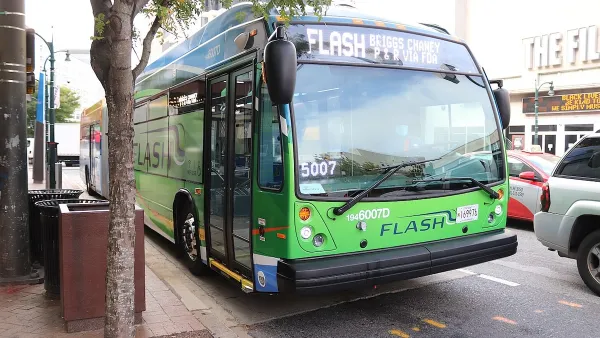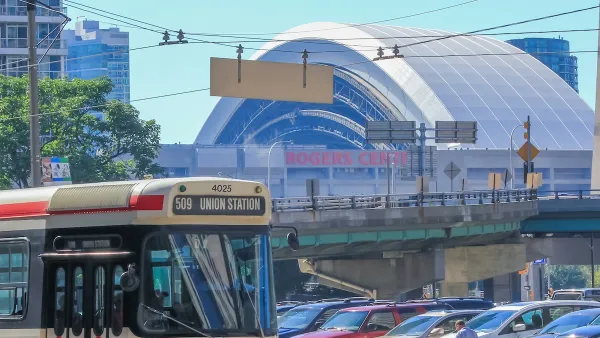MarketWatch reports on the rise of contactless smart cards in public transit and banking, and speculates that the time is ripe to put the two uses on the same card.
"'Contactless smart card technology is able to provide this common platform and can be designed to create a balance between security and commercial application,' notes Frost & Sullivan Industry Analyst Michelle Foong. 'The market in Asia Pacific is ready for this convergence in many countries, and some are already in the process of convergence to reap the benefits of multi-application.'
However, readers and cards used within the mass transit and banking markets may not always be interoperable and based on common protocols. Their backend systems and infrastructure are often not linked, making interoperability a short-term restraint for the market.
'Retailers and merchant outlets need to have a common platform of readers and terminals to accept cards from a variety of issuers, be it from transit agencies or financial institutions,' says Foong. "This has not happened in most cases and it will take some time before all the readers become interoperable.'
In order to ensure convergence between the two industries, various parties such as transit agencies, financial institutions, merchants, and card issuers need to work together to create a healthy, efficient, and interoperable eco-system. The contactless smart card infrastructure should also be developed further for this to materialize."
FULL STORY: Driving Convergence of Mass Transit and Banking Markets Using Contactless Smart Cards

Planetizen Federal Action Tracker
A weekly monitor of how Trump’s orders and actions are impacting planners and planning in America.

Restaurant Patios Were a Pandemic Win — Why Were They so Hard to Keep?
Social distancing requirements and changes in travel patterns prompted cities to pilot new uses for street and sidewalk space. Then it got complicated.

Maui's Vacation Rental Debate Turns Ugly
Verbal attacks, misinformation campaigns and fistfights plague a high-stakes debate to convert thousands of vacation rentals into long-term housing.

In California Battle of Housing vs. Environment, Housing Just Won
A new state law significantly limits the power of CEQA, an environmental review law that served as a powerful tool for blocking new development.

Boulder Eliminates Parking Minimums Citywide
Officials estimate the cost of building a single underground parking space at up to $100,000.

Orange County, Florida Adopts Largest US “Sprawl Repair” Code
The ‘Orange Code’ seeks to rectify decades of sprawl-inducing, car-oriented development.
Urban Design for Planners 1: Software Tools
This six-course series explores essential urban design concepts using open source software and equips planners with the tools they need to participate fully in the urban design process.
Planning for Universal Design
Learn the tools for implementing Universal Design in planning regulations.
Heyer Gruel & Associates PA
JM Goldson LLC
Custer County Colorado
City of Camden Redevelopment Agency
City of Astoria
Transportation Research & Education Center (TREC) at Portland State University
Camden Redevelopment Agency
City of Claremont
Municipality of Princeton (NJ)





























